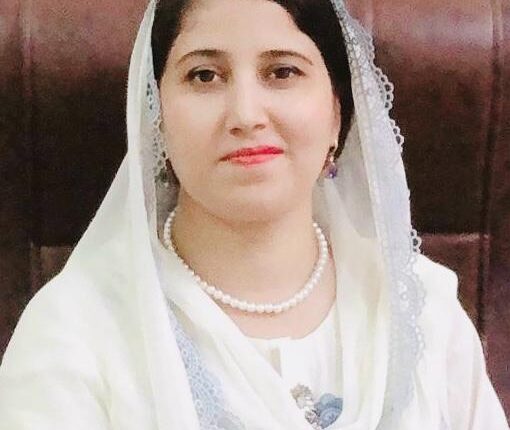By Liu Lingling, Li Yingqi, People’s Daily
The world today is experiencing disorder, slowing growth, uneven development, and a loss of focus in governance. There is an urgent need for all parties to demonstrate the wisdom to see the changes, the ability to deal with the changes, and the courage to make changes.
The 31st APEC Economic Leaders’ Meeting and the 19th G20 Summit, which will be held in Lima, Peru’s capital, and Rio de Janeiro, Brazil this month, will serve as important opportunities for all parties to work together to address challenges and promote sustainable development.
Chinese President Xi Jinping will attend the two important meetings upon invitation. He will expound on China’s policies and propositions on advancing Asia-Pacific cooperation, as well as China’s firm support for multilateralism, an open world economy, and sustainable development, contributing Chinese wisdom and solutions to keeping Asia-Pacific cooperation in the right direction and pushing for the reform of the global governance system.
Themed “Empower. Include. Grow” and “Building a Just World and a Sustainable Planet,” the 31st APEC Economic Leaders’ Meeting and the 19th G20 Summit will mirror the reality of the times and make common voices.
The emergence and development of the APEC and the G20 reflect the evolving trends of world multipolarity and economic globalization.
In the world today, changes on a scale unseen in a century are unfolding at an accelerating pace. The world economy faces multiple risks and challenges.
Should the world uphold multilateralism or tread the path of unilateralism? Should it adhere to open cooperation or allow protectionism to rise? Faced with this crucial decision, the APEC and G20 must conform to the trend of the times, and build an equal and orderly multipolar world and a universally beneficial and inclusive economic globalization.
All countries, regardless of their size and strength, are equal members of the international community, and multilateralism is key to coping with global challenges. The APEC and G20 should take the lead in promoting multilateralism, uphold the principles of extensive consultation and joint contribution for shared benefits, and steer global governance in a fairer and more equitable direction.
In September last year, the African Union officially became a member of the G20, which marked a significant step in the development of the G20 mechanism and reflected the reform direction of the global governance system. This has given more representation and a greater voice to developing countries in global governance, which is necessary to uphold justice and fairness, and maintain global stability.
Development is the “golden key” to solving global challenges. To this end, all parties should work together to advance trade and investment liberalization and facilitation, create a just, fair, and non-discriminatory trade and investment environment, oppose all forms of protectionism, and build more bridges of cooperation while pushing back against the “small yard, high fence” approaches and trade barriers.
To promote global development cooperation, the APEC and G20 should take a people-centered approach, drive the full implementation of the U.N 2030 Agenda for Sustainable Development, put development back on the international agenda as a central priority, and make regional and global development more equitable, effective and inclusive, so that no country will be left behind.
Facing a new wave of scientific and technological revolution and industrial transformation, global development is presented with new opportunities and challenges.
The APEC and G20 should join forces to unleash the potential for innovation-driven growth and draw up rules based on extensive participation and broad-based consensus to foster an enabling environment for innovation-driven development. As China accelerates high-quality development, innovation holds the key to China’s development prospects.
In the face of environmental challenges, all countries are in a community with destinies linked, and no country can stay immune. The APEC and G20 should follow a people-centered approach and foster a sound environment to buttress sustainable economic and social development worldwide.
China remains as determined as ever to pursue green development that prioritizes eco-environmental conservation. It stands ready to enrich global supply with high-quality green technologies and products, so as to make greater contributions to the global fight against climate change and the global transition toward green and low-carbon growth.
The Third Plenary Session of the 20th Central Committee of the Communist Party of China has outlined a grand blueprint for further deepening of reform comprehensively to advance Chinese modernization.
The positive momentum of China’s steady economic growth is injecting positive energy into global economic recovery. Looking ahead, China will remain firmly committed to advancing high-level opening up to continuously provide new development opportunities for countries around the world.
Facing common challenges, common needs, and common responsibilities, China will work together with all parties to push for the reform of the global governance system, gathering consensus and strength to address the challenges of the times.







